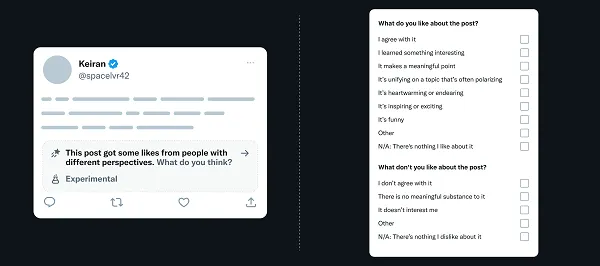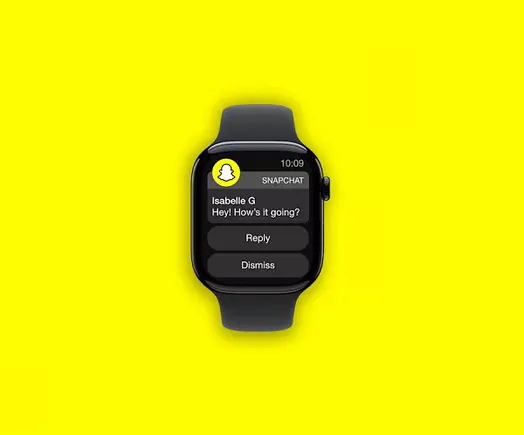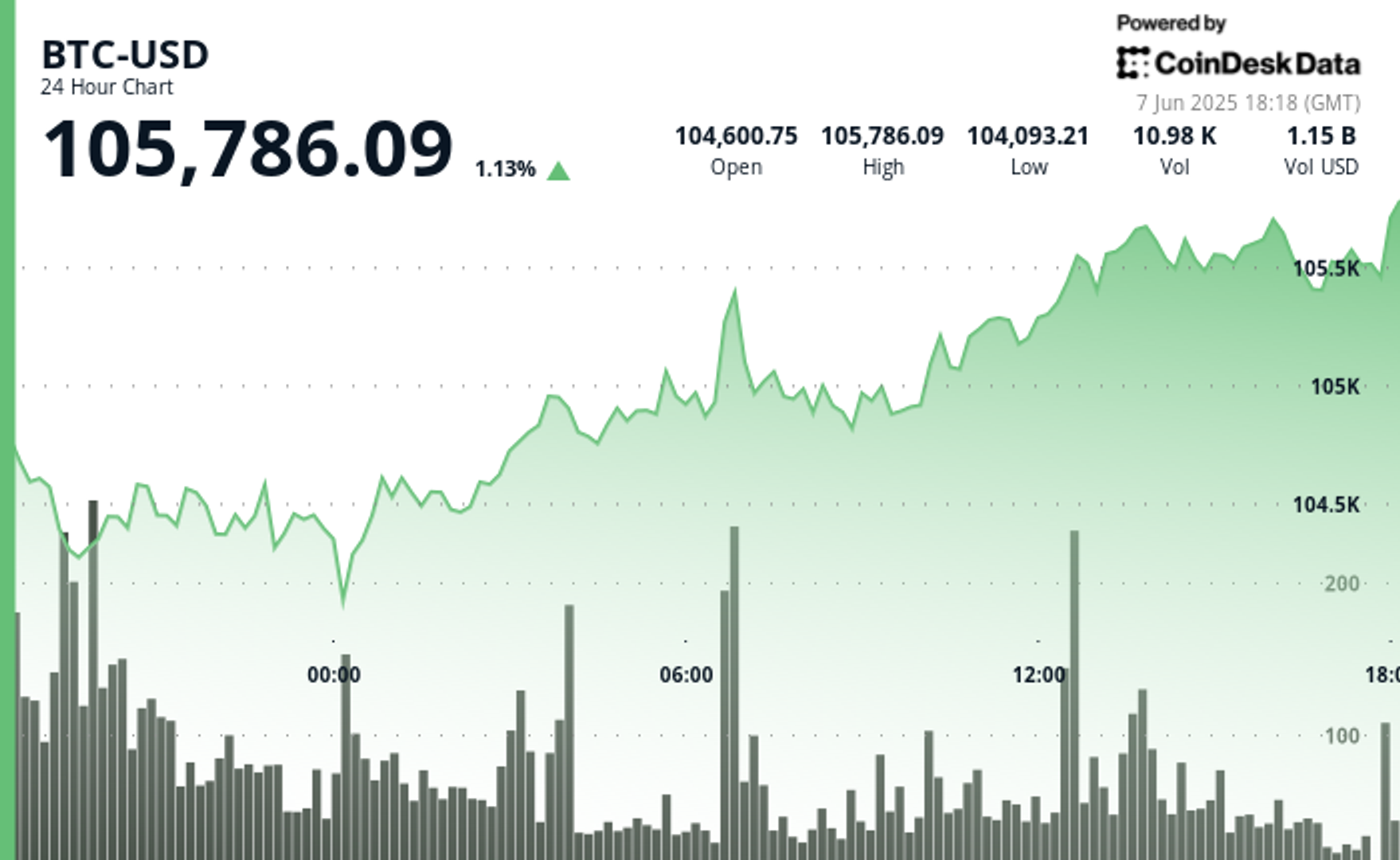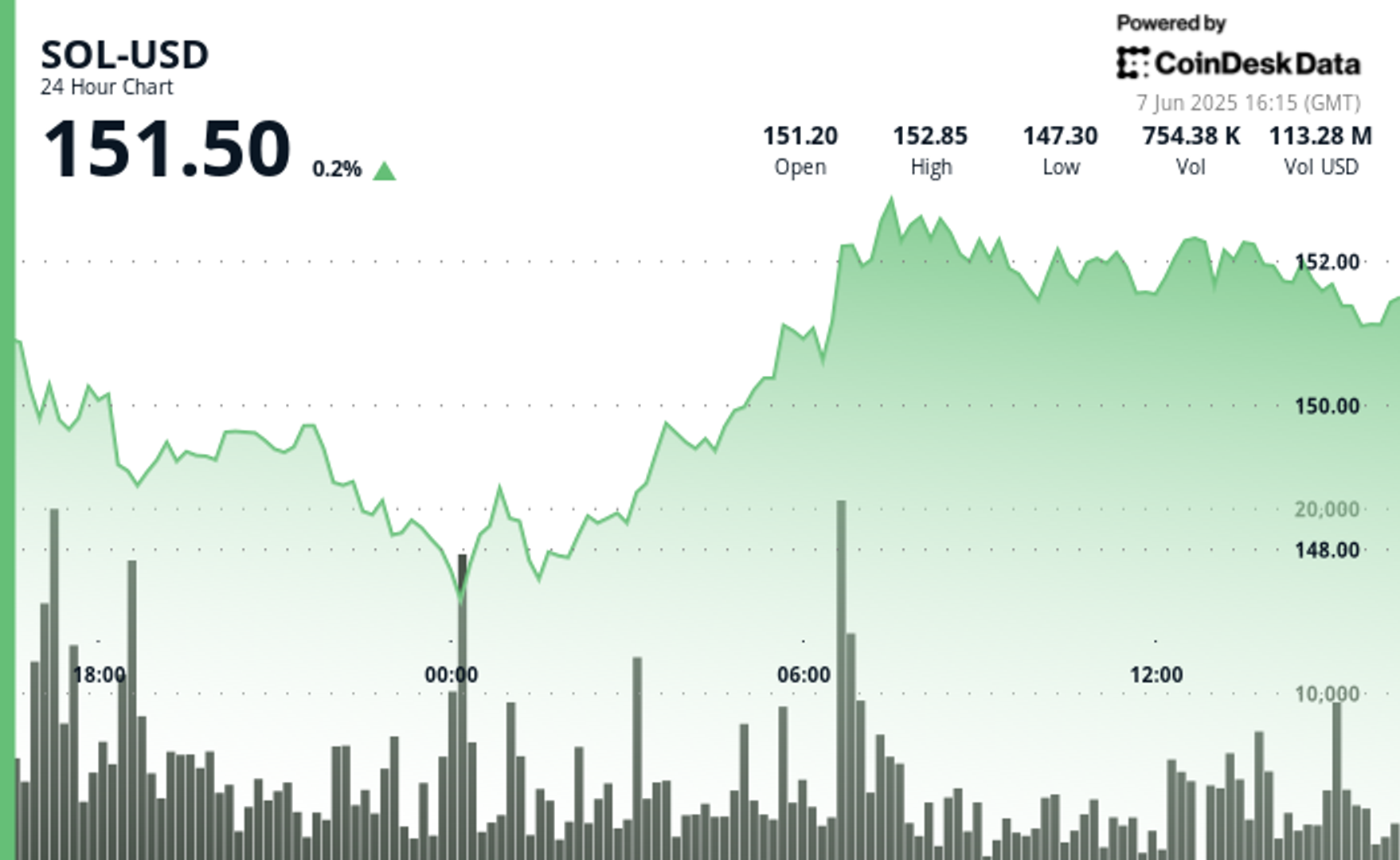Stop self-sabotage: 7 powerful books to shift your mindset
Explore 7 powerful books that reveal why you self-sabotage and provide actionable strategies to regain control of your thoughts and behavior.


Ever found yourself procrastinating on something you know is good for you? Or perhaps you’ve walked away from a great opportunity, ruined a promising relationship, or talked yourself out of pursuing your passion—only to regret it later?
That’s self-sabotage. And if you’re reading this, chances are it’s not a stranger to you either.
Self-sabotage isn’t always loud or dramatic. Sometimes, it’s subtle—an ignored email, a skipped workout, a missed deadline, a cruel thought about yourself that spirals. You want to succeed, be consistent, live well—but something within seems to push in the opposite direction. It’s frustrating. It’s painful. And worst of all, it can feel impossible to stop.
The good news? It’s not impossible. Self-sabotage is a pattern, not a permanent personality trait. And like any pattern, it can be understood—and changed. But that change begins with awareness. It starts with understanding why we do what we do, even when it hurts us.
That’s where these books come in. Each one unpacks a different angle of self-sabotage—from trauma and conditioning to perfectionism, fear, and low self-worth. These authors don’t just explain the what and why—they give you tools to heal, reframe, and move forward.
7 powerful books to break free from self-sabotage
1. The Mountain Is You by Brianna Wiest
This bestselling book dives deep into why we self-sabotage, especially when we’re on the edge of growth. Wiest explores emotional intelligence, healing your inner wounds, and turning your self-destructive patterns into self-mastery.
Try This: Journal on the question: “Where am I resisting change that I know I need?” This one insight can uncover your core sabotaging behaviour.
2. Stop Self-Sabotage by Dr. Judy Ho
Dr. Ho, a licensed clinical psychologist, introduces a science-backed, 6-step program to identify and break self-sabotaging cycles. Rooted in cognitive behavioural therapy (CBT), the book is filled with practical tools and exercises.
Try This: Create a “trigger log” for one week. Identify what situations or thoughts usually precede your sabotaging behaviours. Awareness is the first step.
3. How to Do the Work by Dr. Nicole LePera
Known as “The Holistic Psychologist” online, Dr. LePera combines psychology, neuroscience, and spirituality to help readers identify how trauma and conditioning cause self-sabotage. This is a deep dive into self-healing.
Try This: Practice “future self journaling” each morning—write as if you’re already the version of yourself who no longer self-sabotages.
4. The Big Leap by Gay Hendricks
Hendricks introduces the concept of the “Upper Limit Problem”—an unconscious barrier that causes you to sabotage when things start going well. If success feels unfamiliar or unsafe, this book explains why.
Try This: Notice what happens when something good happens in your life. Do you immediately worry or overthink? That’s your upper limit kicking in.
5. Toxic Positivity by Whitney Goodman
Sometimes, self-sabotage hides behind the mask of “I’m fine” and forced optimism. Goodman dismantles the myth of positivity as a cure-all and encourages honest emotional expression, critical for ending sabotage.
Try This: When you feel off, instead of forcing a smile, ask yourself: “What am I actually feeling right now?” Give yourself permission to sit with it.
6. Untamed by Glennon Doyle
Part memoir, part manifesto, this book explores how women especially sabotage themselves by conforming to societal expectations. Doyle’s story is an invitation to stop betraying yourself in the name of being “good.”
Try This: Make a list of the roles you’ve taken on just to please others. Ask yourself: Do I still want these roles—or do I just fear who I’ll be without them?
7. Radical Acceptance by Tara Brach
Many of our destructive behaviours stem from feeling “not enough.” This book combines mindfulness and self-compassion practices to help you stop the cycle of shame that fuels self-sabotage.
Try This: Each time you catch yourself in a critical thought, say: “This is a moment of suffering. May I respond with kindness?” Repeat until the grip softens.
Final thoughts
Self-sabotage isn’t a flaw—it’s a signal. It tells you that part of you is scared, stuck, or hurting. These books are not quick fixes, but they are powerful companions in your journey of healing and growth.
You don’t have to keep repeating the same patterns. You can learn to pause, to choose differently, to show up for yourself with courage. Because you deserve to move forward, not in fear, but in trust. Not in shame, but in truth.












































































































































































.mp4)




















